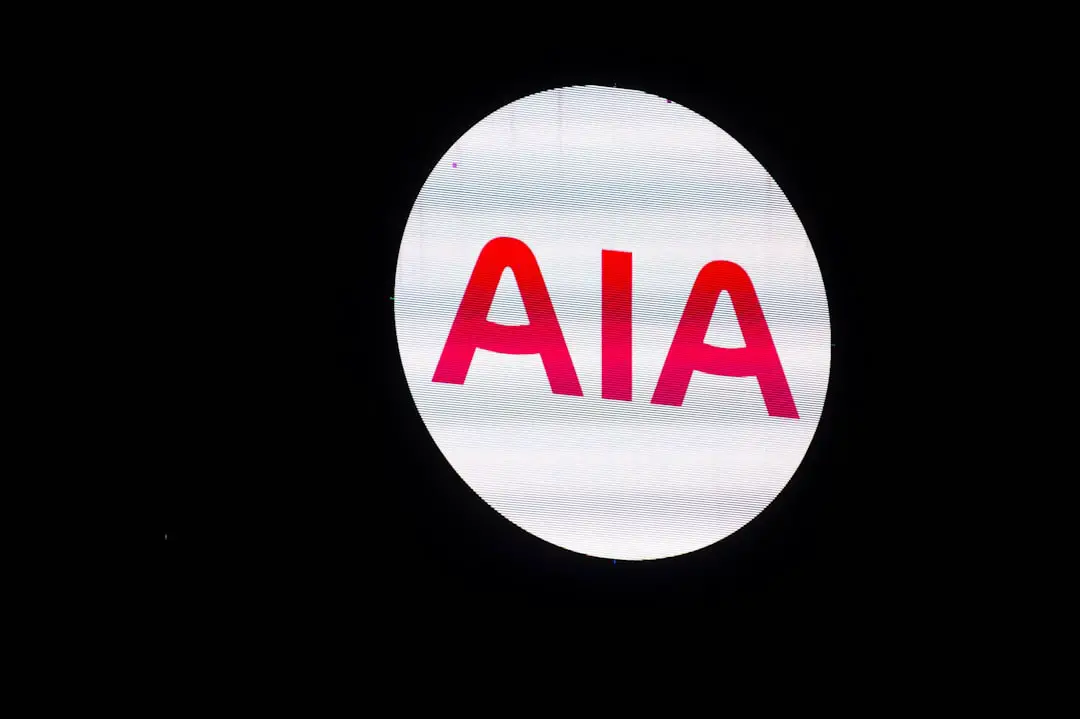
In the ever-evolving landscape of technology, one of the most pressing issues facing urban areas today is how to balance technological advancements with ecological needs. A recent article by Economist Impact explores the concept of Urban AI and how it can help cities find this delicate balance.
Urban AI refers to the use of artificial intelligence in urban planning and management. By harnessing the power of AI, cities can optimize infrastructure, improve transportation systems, and enhance public services. However, the use of AI in urban environments also raises concerns about its impact on the environment.
The article highlights the importance of integrating ecological considerations into AI-powered urban development. It argues that technology should not come at the cost of the environment, and that sustainable practices must be prioritized in order to create truly smart cities.
One example cited in the article is the use of AI to optimize energy consumption in buildings. By analyzing data on energy usage, AI systems can identify areas where energy efficiency can be improved, ultimately reducing carbon emissions and lowering costs.
The article also emphasizes the need for collaboration between technology experts, policymakers, and environmentalists to ensure that Urban AI is implemented in a way that benefits both cities and the planet. By working together, stakeholders can create a more sustainable future for urban areas.
In conclusion, the article serves as a reminder that while technology has the potential to transform cities for the better, it must be used responsibly. By incorporating ecological considerations into Urban AI initiatives, cities can pave the way for a more sustainable and environmentally-friendly future.
Source: Economist Impact







